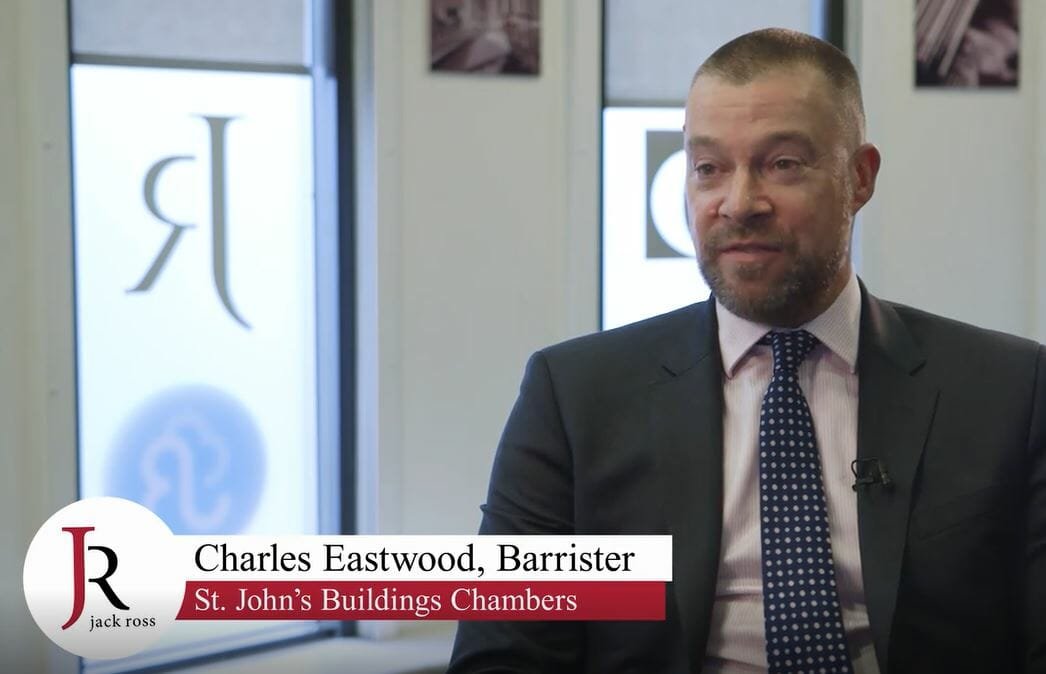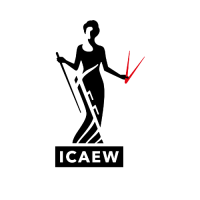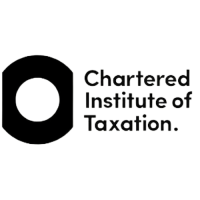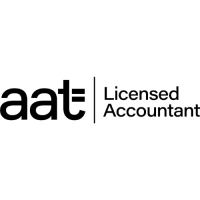Last updated: 21 February 2026
Legal Aid is a cornerstone of the UK justice system, ensuring that everyone, regardless of their financial situation, has access to legal representation. For many barristers, engaging in legal aid work is an important part of their profession, helping the most vulnerable members of society. However, this service comes with its own set of financial considerations. Understanding these tax implications is crucial for barristers who want to manage their finances effectively while contributing to the public good.
Whether you are a civil or criminal barrister, this article will equip you with the knowledge you need to make informed decisions about your tax obligations while engaged in legal aid work.
What is Legal Aid and How Does it Relate to Barristers?
Legal aid is a system designed to provide legal representation to individuals who cannot afford it. Barristers often undertake legal aid work in both civil and criminal cases.
The income derived from legal aid cases is subject to taxation, just like any other professional income. However, the nature of legal aid work often involves specific contracts, fee structures, and payment methods that can have unique tax implications. Understanding these nuances is crucial for barristers to manage their tax liabilities effectively.
What Fees are Involved in Legal Aid Work?
Legal aid work often involves a variety of fees, including those for representation, court appearances, and other legal services. These fees are usually set by contracts between the barrister and the Legal Aid Agency. It is crucial to consider these fees when calculating your tax liabilities.
How Fees Work Under the Advocates Graduated Fee Scheme (AGFS)
The Legal Aid Agency pays the full fee for a case to the main barrister, known as the “Instructed Advocate.” This barrister is the one who handles the trial. This main barrister then pays any other barristers who helped in the case. These are called “Substitute Advocates.” Many chambers use software to calculate how the fees are split.
Payment Details for the Instructed Advocate
The Instructed Advocate gets the total fee for the case. If they are registered for VAT, they also get that amount. If another barrister, the Substitute Advocate, helps out, they act like a subcontractor.
Handling VAT
The Instructed Advocate must report the entire VAT amount to the tax authorities (HMRC). If the Substitute Advocate is also VAT-registered, they send an invoice to the Instructed Advocate for their share of the VAT. The Instructed Advocate can then claim back this VAT when they do their tax return, following standard VAT rules.
Legal Services Contracts in England and Wales
In England and Wales, legal aid work is often governed by standard civil contracts. These contracts outline the fees payable for various legal services and the procedures for claiming them.
These contracts often contain clauses that specify conditions under which additional fees or expenses can be claimed. They may also outline the terms for dispute resolution in case of disagreements over fees or services rendered. Being well-versed in the specifics of these contracts not only ensures that barristers are fairly remunerated but also aids in accurate and compliant tax reporting.
How are Payments for Legal Aid Work Taxed?
Payments received for legal aid work are subject to taxation, just like any other income. However, there may be specific tax considerations that apply, especially when it comes to remuneration for civil and criminal cases.
It is also worth noting that the source of the payment can affect how it is taxed. For example, payments directly from the Legal Aid Agency might be treated differently than those from a solicitor or a client. Additionally, some expenses incurred while providing legal aid services may be deductible, further complicating the tax situation. Barristers should consult tax professionals who can provide expert advice.
What Tax Considerations Apply to Remuneration for Civil Cases?
In civil cases, the remuneration for barristers may be subject to various tax considerations. These can include allowances, deductions, and even VAT in some instances. Being aware of these factors can help barristers manage their tax liabilities effectively.
For example, travel expenses incurred while working on a civil legal aid case might be deductible. Similarly, if a barrister has to invest in research specific to a civil case, those costs might be deductible as well.
Conclusion
Whether you are a seasoned barrister or new to the profession, understanding these tax nuances is crucial for financial planning and compliance. Armed with this knowledge, you can focus on what you do best – providing essential legal services to those who need it most – while also ensuring that you are financially secure and compliant with tax regulations.
Frequently Asked Questions
What is Legal Aid and How Does it Affect Taxation for Barristers?
Legal Aid is a UK system that provides legal representation to those who can’t afford it. Barristers often engage in legal aid work, which is taxable income. Understanding the unique tax nuances of this work is crucial for effective financial management.
What Types of Fees are Involved in Legal Aid Work for Barristers?
Legal aid work involves various fees like representation, court appearances, and other legal services. These fees are set by contracts and can vary, making it essential for barristers to understand how they are taxed.
How are Payments for Legal Aid Work Taxed?
Payments for legal aid work are subject to standard taxation. However, the source of the payment and the type of case can affect how it’s taxed. Some expenses may also be deductible, adding another layer of complexity to tax considerations.





